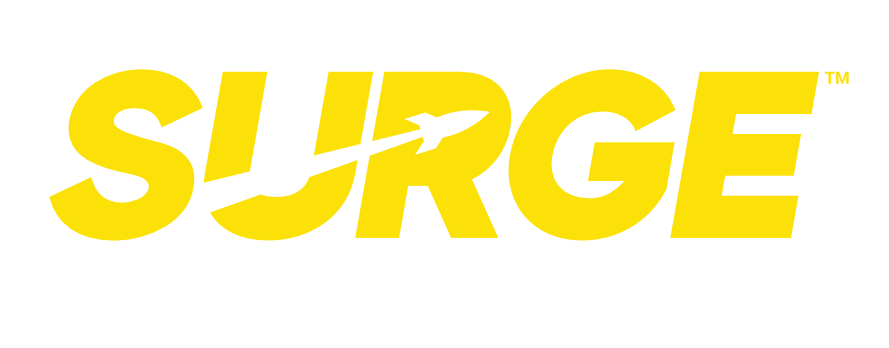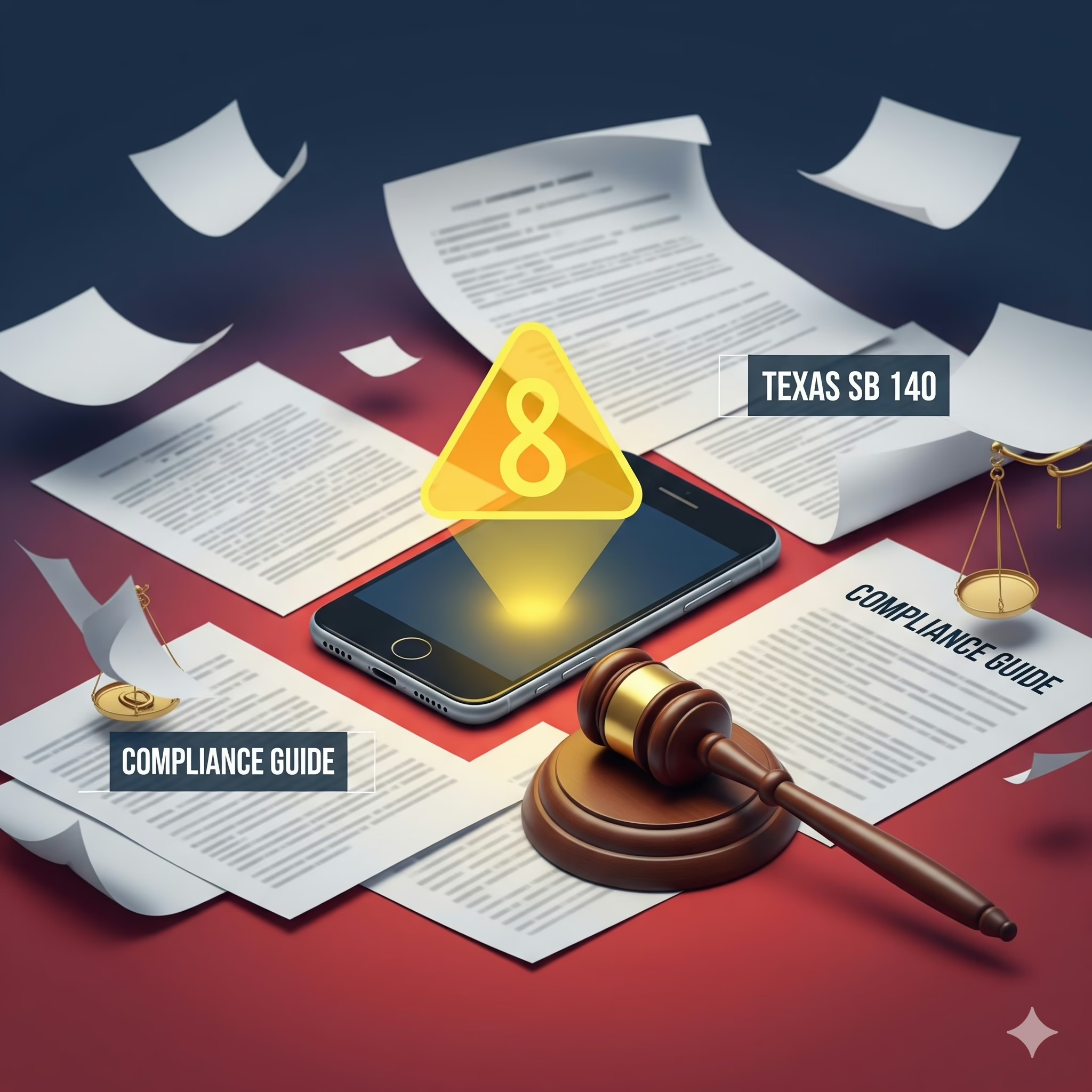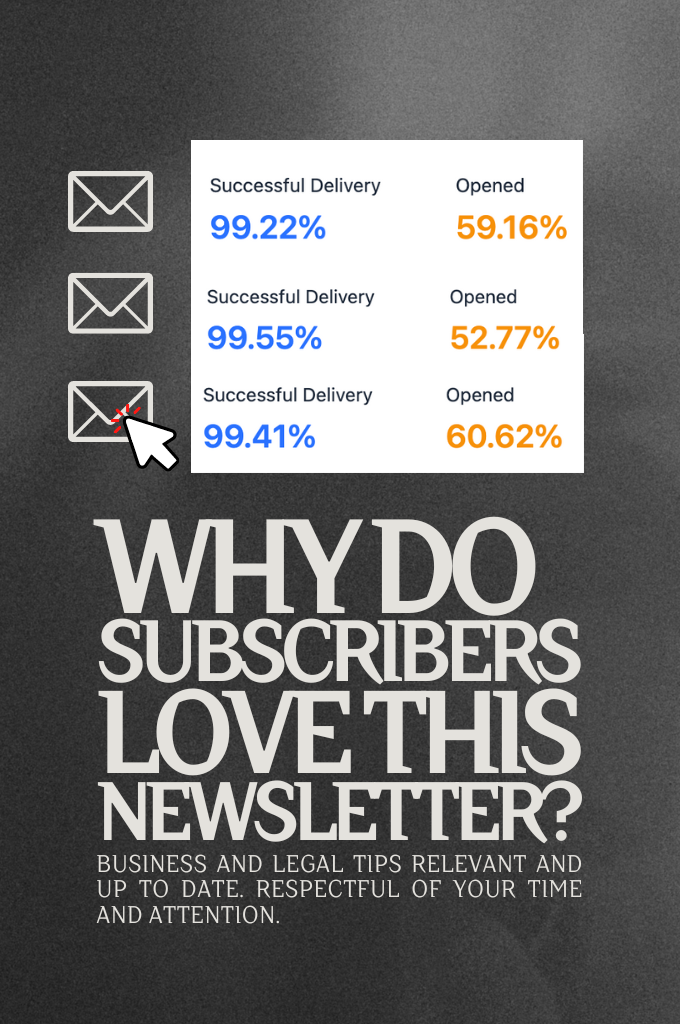Guide to Texas SB 140: Legislative Intent, the DTPA, Third-Party Liability, and Your Compliance Roadmap
The Ultimate Guide to Texas SB 140: Legislative Intent, the DTPA, Third-Party Liability, and Your Compliance Roadmap
If your business sends text messages to anyone in Texas, September 1, 2025, is a date you cannot ignore. On that day, Texas Senate Bill 140 (SB 140) goes into effect, fundamentally rewriting the rules for digital marketing in the state. This isn’t just another regulation; it’s a paradigm shift that reclassifies commercial text messaging as a highly regulated activity, creating significant new compliance burdens and litigation risks.
To navigate this new landscape, it’s not enough to just know the rules. You have to understand why the rules were created. This deep dive will explore the legislative intent behind SB 140, the game-changing role of the Texas Deceptive Trade Practices Act (DTPA), the added risks of third-party liability, and what thorough, defensible compliance looks like.
Quick Self-Assessment: Do You Need Legal Help With SB 140?
Before diving into the details, answer these three questions:
- Does your business send text messages to people in Texas—even if you are located out of state?
- Are you relying on an exemption (like “former customers”)?
- Do you know if you need to register with the Texas Secretary of State, post a $10,000 security deposit, and disclose your scripts and marketing materials?
If you answered “yes” to to any then this guide is for you, and we strongly recommend scheduling a compliance review.
The Problem SB 140 Solves: Closing the Text Message Loophole
The catalyst for SB 140 was the 2022 case Powers v. One Technologies. The court ruled that because the defendant company only sent text messages, it wasn’t required to register as a telemarketer under Chapter 302 of the Texas Business & Commerce Code, which referred only to “telephone calls.” This created a massive loophole: businesses could bombard Texans with marketing texts without oversight.
SB 140 closes that gap by expanding “telephone solicitation” to include the “transmission of a text or graphic message or of an image.” With this change, SMS and MMS marketing are now firmly under Texas’s telemarketing laws.
The Guiding Principle: Liberal Construction in Favor of Consumers
SB 140 doesn’t just change definitions—it tells courts how to interpret disputes. The law must be “liberally construed and applied to protect persons and the public against false, misleading, or deceptive practices.”
This means gray areas will be resolved in favor of consumers. For example, the law exempts businesses texting “former or current customers,” but never defines “customer.” Is someone who abandoned a cart a customer? Almost certainly not. The safest assumption: only someone who has completed a monetary transaction qualifies.
The Biggest Threat: Private Lawsuits Under the DTPA
The most consequential change is the link to the Texas Deceptive Trade Practices Act (DTPA). Now, a violation of telemarketing rules is automatically a “false, misleading, or deceptive act” under the DTPA. This empowers consumers to sue directly, without going through a state agency.
The penalties are severe:
- Economic damages (actual financial harm)
- Mental anguish damages
- Treble damages (triple damages for intentional violations)
- Mandatory attorney’s fees—meaning plaintiffs’ lawyers are incentivized to file these cases
Worse still, the law allows unlimited recoveries, meaning the same consumer can sue multiple times for ongoing violations.
Examples of Cost:
- Sending 3,000 non-compliant texts could equal $15 million in state penalties at $5,000 each.
- Even 500 texts could expose a small business to $2.5 million in fines plus legal fees.
Call to Action: Don’t assume “we’ll be fine.” This law is built to encourage lawsuits. A single misstep could cost your business far more than the price of compliance.
This law is built to encourage lawsuits.
The Core Requirement: Registration and Security
If your business sends marketing texts to Texans and doesn’t qualify for an exemption, registration with the Secretary of State is mandatory. This isn’t a simple license—it’s deliberately onerous:
- Form 3401 – A detailed registration statement.
- $200 Annual Fee – With yearly renewal.
- $10,000 Security Deposit – Surety bond, irrevocable letter of credit, or certificate of deposit.
- Extensive Disclosures – Including corporate documents, personal info of company principals (such as driver’s license numbers), banking details, litigation and bankruptcy history, and copies of all marketing scripts and materials.
These disclosures become part of the public record—essentially handing regulators and plaintiff’s lawyers a ready-made evidentiary file.
Call to Action: If you’re uncertain about exemption status, registration is the safer path. Our compliance review can determine your obligations and, if needed, help prepare filings.
Exemptions: Narrow, Risky, and Easily Misunderstood
Two exemptions matter most to modern businesses:
- Former or Current Customers (Sec. 302.058): Must have operated under the same name for two years and only contact people who have actually purchased something. Risky for e-commerce brands relying on leads, signups, or abandoned carts.
- Retail Establishment (Sec. 302.059): Must have a physical store operating under the same name for two years, with majority of sales occurring in person. This excludes most online-first businesses.
Other exemptions exist (nonprofits, B2B resale, food sales), but all are narrow and must be carefully documented. Remember: the burden of proof is on you to show you qualify.
Third-Party Liability: Agencies, Contractors, and SaaS Providers
SB 140 doesn’t stop at sellers. It creates liability for those acting on their behalf:
- Agencies and Contractors: The statute defines “salespersons” broadly. Agencies and individuals acting for unregistered sellers can face Class A misdemeanor charges. Case law (Salaiz v. VSC Operations) confirms sellers are still liable for their vendors’ compliance.
- SaaS Platforms: Even platforms that consider themselves “neutral” aren’t immune. If a platform provides managed support or knowingly ignores abuse, it can face liability.
- Bottom Line: Liability isn’t delegable. Both sellers and their vendors are at risk if compliance is ignored.
Call to Action: If you outsource texting or provide it as a service, both you and your partners must build compliance safeguards.
Quiet Hours and Customer-Initiated Contact
Texas law prohibits solicitations before 9 a.m. or after 9 p.m. (Mon–Sat), and before noon or after 9 p.m. on Sundays. But what if a consumer reaches out first?
- Example 1: A potential client texts a DUI lawyer at 2 a.m.—the lawyer’s reply is allowed.
- Example 2: A customer texts a company chatbot at 10 p.m.—the company can respond immediately.
The distinction is between outbound marketing and inbound responses. Transactional messages like order confirmations, shipping updates, or fraud alerts aren’t covered. But dual-purpose messages (e.g., “Your package has shipped—get 20% off your next order”) are risky.
P.S. 10DLC compliance is not enough.
The Risks of Non-Compliance
SB 140 creates a three-tiered penalty structure:
- State Enforcement – Civil penalties up to $5,000 per violation, injunctions, and potential misdemeanor charges.
- Private DTPA Lawsuits – Economic, mental anguish, treble damages, plus mandatory attorney’s fees.
- Serial Litigation Risk – Unlimited recoveries mean repeat lawsuits from the same consumer are possible.
Call to Action: These risks are existential. Even one lawsuit could wipe out a small business. Don’t wait to act.
Your Path Forward
SB 140 is clear: if you want to text Texans, you’ll be held to a higher standard. The compliance burden is real, but the cost of ignoring it is worse.
- Not sure if you need to register? We can assess your exemption status.
- Unsure if your texts are marketing or transactional? We can help classify them.
- Need help with registration? We can prepare the filings and disclosures.
Flat-Fee SB 140 Compliance Review ($1,500) – A thorough review of your text messaging programs, exemption claims, consent procedures, and opt-outs.
Momentum Membership ($95/month) – Unlimited Q&A with our legal team by email.
Fractional General Counsel (from $750/month) – Ongoing legal oversight for larger businesses.
Call to Action: Book a free appointment today to discuss SB 140 compliance. Don’t wait for a demand letter—prepare now.


